27th July 2024 - CONTACT SHER WORLDWIDE IF SERIOUS & CAPABLE BUYERS NEED TO PURCHASE FLOATING DOCKS
ON SERIOUS NAMED END BUYER PAYORS INTEREST, WE CAN GUIDE ON PRICE
Product Number: SW-FD-0127th July 2024 - CONTACT SHER WORLDWIDE IF SERIOUS & CAPABLE BUYERS NEED TO PURCHASE FLOATING DOCKS Factors Determining the Choice Between a Floating Dock and a Graving Dock - Image as illustration Choosing between a floating dock and a graving dock for large ships involves several critical factors. Both types of docks have their own advantages and are suitable for different
27th July 2024 -
CONTACT SHER WORLDWIDE IF SERIOUS & CAPABLE BUYERS NEED TO PURCHASE FLOATING DOCKS
Factors Determining the Choice Between a Floating Dock and a Graving Dock - Image as illustration
Choosing between a floating dock and a graving dock for large ships involves several critical factors. Both types of docks have their own advantages and are suitable for different conditions and requirements. Here are the main factors to consider:
1. Size of the Vessel
-
Graving Dock: Ideal for very large vessels, such as oil tankers and container ships. They can accommodate larger sizes than floating docks due to their solid, land-based construction.
-
Floating Dock: Suitable for a wide range of vessel sizes but may have limitations with extremely large ships. They are more flexible and can be adjusted for different ship sizes but generally handle smaller vessels compared to graving docks.
2. Condition of the Vessel
-
Graving Dock: Preferred when extensive repairs or retrofitting are required. The solid structure provides a stable environment for heavy machinery and large parts.
-
Floating Dock: Often used when the vessel's propulsion system is not working or the ship is immobilized. They are easier to align with the ship and can be moved to the vessel's location.
3. Types of Repairs
-
Graving Dock: Suitable for major retrofitting, extensive structural repairs, or when large parts need to be moved from land to the dock. The proximity to shipyards makes it easier to transport materials and equipment.
-
Floating Dock: Suitable for regular maintenance and less extensive repairs. They are more flexible and can be used for scheduled dry dockings without the need for extensive infrastructure.
4. Geographical Location and Water Conditions
-
Graving Dock: Best suited for locations with stable soil and seabed conditions. They can be more economical if built as naturally drained docks without excessive cofferdam arrangements.
-
Floating Dock: More suitable for locations with challenging seabed conditions where building a graving dock would be difficult or expensive. They require deep water areas to avoid sitting in the mud and are more adaptable to varying water depths.
5. Cost and Budget
-
Graving Dock: Typically involves higher initial construction costs due to the need for excavation, concrete, and extensive infrastructure. However, they may be more economical in the long run for large-scale operations.
-
Floating Dock: Generally cheaper to construct and install. They are prefabricated and require less labour and materials. However, they may have higher operational and maintenance costs over time.
6. Operational Flexibility
-
Graving Dock: Offers a stable and permanent solution for ship maintenance and repair. They are less affected by tides and weather conditions and provide a consistent working environment.
-
Floating Dock: Provides greater flexibility as they can be moved and oriented relative to winds and currents. This reduces the risk of damage during docking and undocking and allows for easier alignment with the ship.
7. Environmental and Regulatory Considerations
-
Graving Dock: May have more stringent environmental regulations due to their permanent nature and potential impact on the seabed and surrounding areas.
-
Floating Dock: Often preferred in environmentally sensitive areas as they have a smaller footprint and can be removed if necessary. They are more adaptable to regulatory requirements aimed at preserving ecological balance.
Summary
The choice between a floating dock and a graving dock depends on several factors, including the size and condition of the vessel, the type of repairs needed, geographical location, cost, operational flexibility, and environmental considerations. Graving docks are ideal for large-scale, extensive repairs and stable environments, while floating docks offer flexibility, lower initial costs, and adaptability to challenging conditions. By considering these factors, shipowners and managers can make informed decisions that best meet their operational needs and budget constraints.
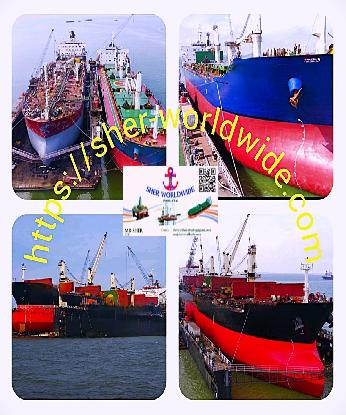
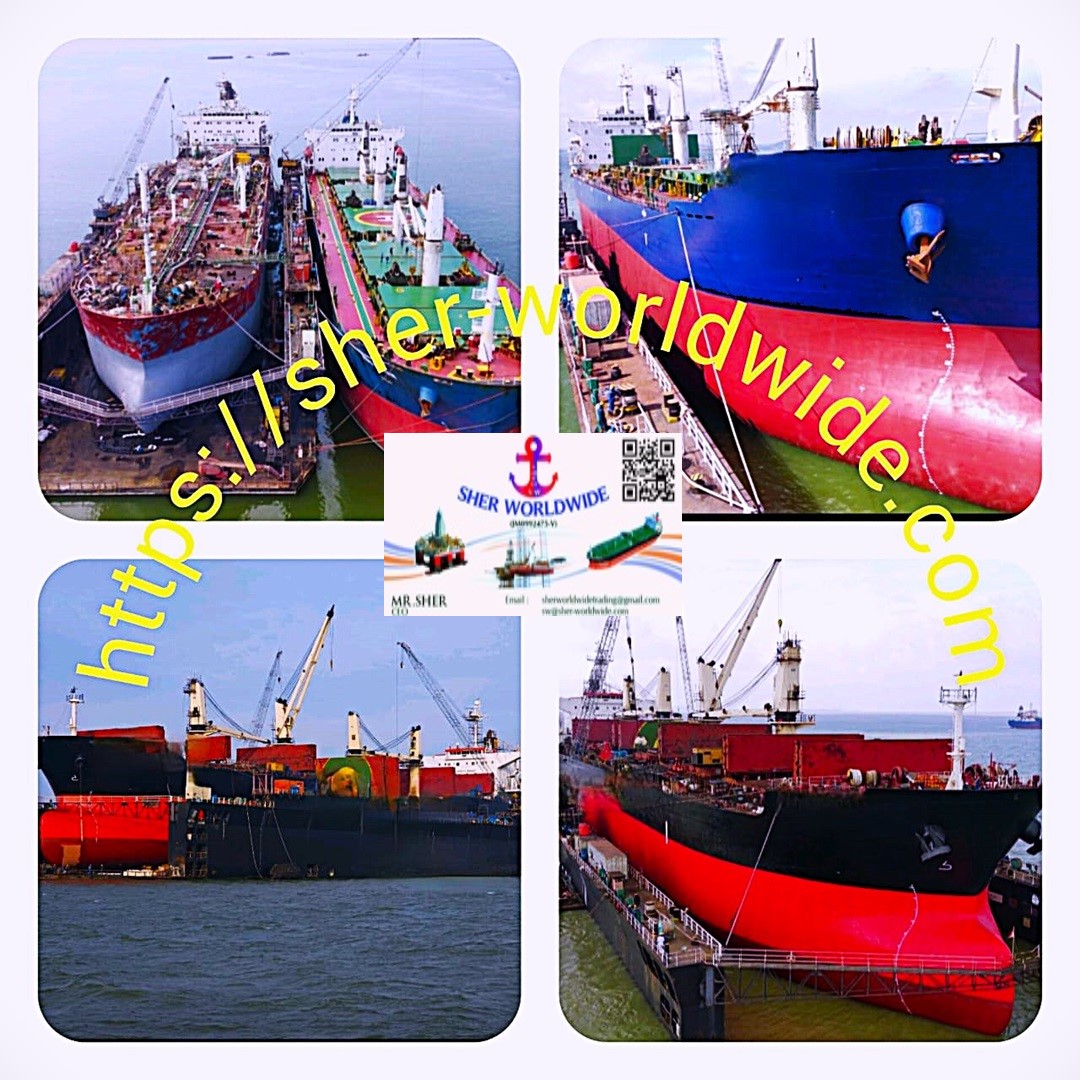
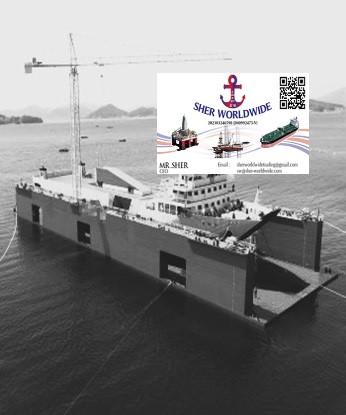
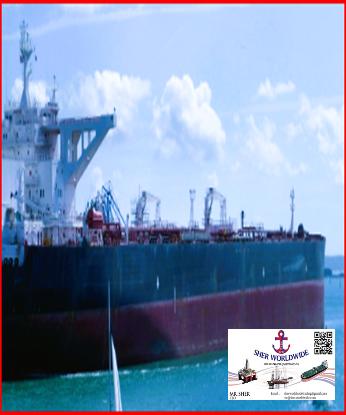
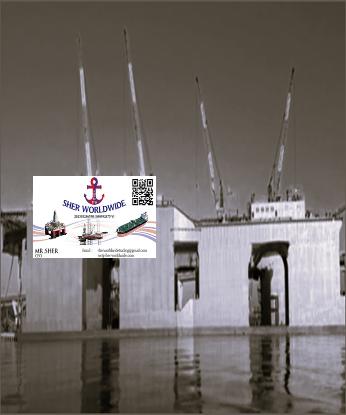
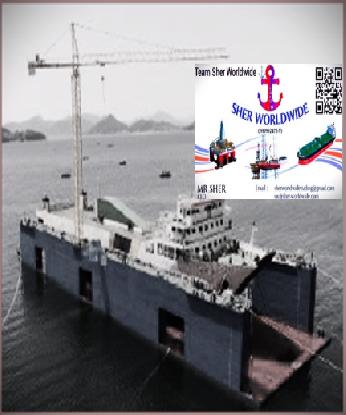
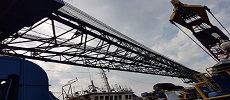

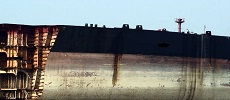

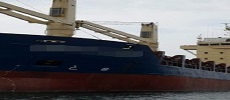
No Record Found!